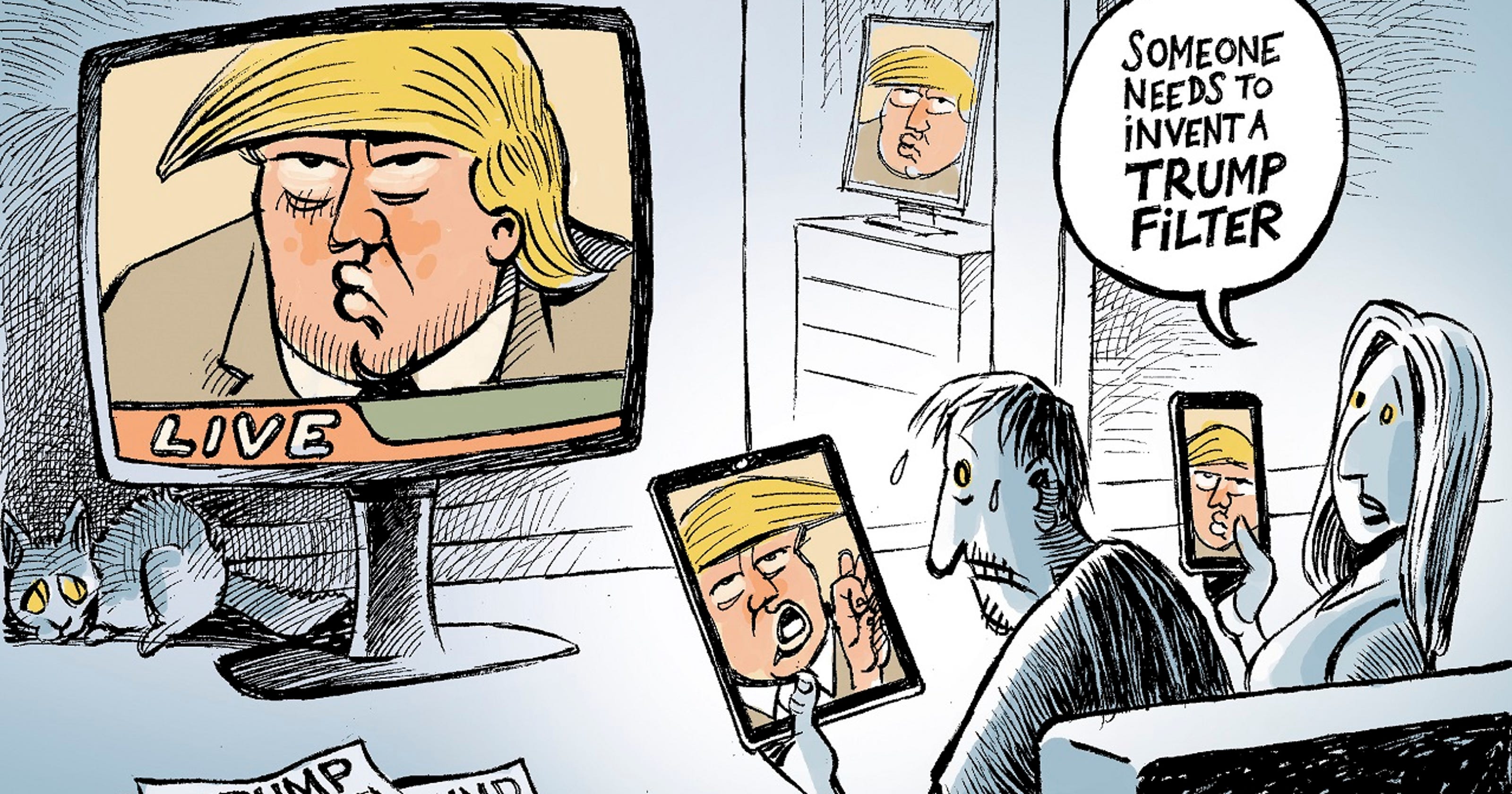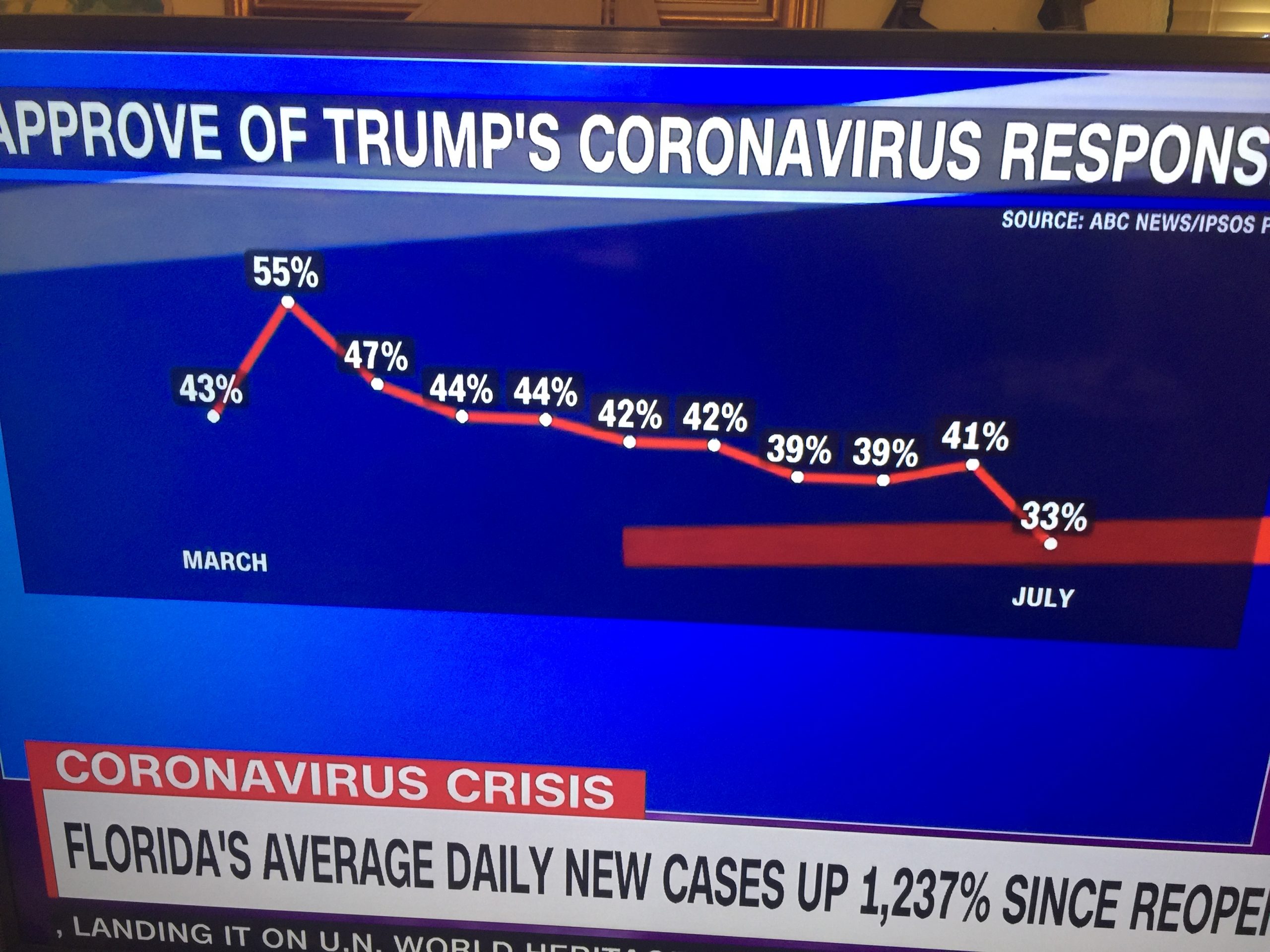What is the IQ of Trump? This question has sparked widespread curiosity and debate among the public, especially during his tenure as the 45th President of the United States. Many people are intrigued by the intellectual capabilities of one of the most polarizing political figures in modern history. While Donald Trump has never officially disclosed his IQ score, numerous claims, speculations, and comparisons have fueled discussions about his cognitive abilities. Understanding the context behind these claims requires a deeper exploration of IQ, its significance, and how it applies to public figures like Trump.
IQ, or Intelligence Quotient, is a standardized measure designed to assess human intelligence. It evaluates cognitive abilities such as problem-solving, logical reasoning, and verbal comprehension. In the case of Donald Trump, discussions about his IQ often arise in the context of his leadership style, decision-making, and public statements. Some supporters argue that his business acumen and political strategies reflect a high level of intelligence, while critics question whether his rhetoric aligns with traditional measures of intellectual capability.
Despite the lack of concrete evidence regarding Trump's actual IQ score, this topic remains relevant because it intersects with broader societal conversations about intelligence, leadership, and accountability. As we delve deeper into this article, we will explore the origins of IQ testing, examine the claims surrounding Trump's intellectual abilities, and analyze the implications of IQ in evaluating public figures. By the end of this article, you will have a comprehensive understanding of the subject and be able to form an informed opinion.
Read also:Mia Z Grithmaster Video Unveiling The Viral Sensation
Table of Contents
- Understanding IQ: What Does It Measure?
- A Brief History of IQ Testing
- Claims About Trump's IQ: Fact or Fiction?
- IQ vs. Leadership: Does Intelligence Define a Leader?
- The Scientific Perspective on IQ and Success
- Biography of Donald Trump
- Donald Trump's Biodata
- Common Myths About IQ
- The Impact of IQ on Decision-Making
- Conclusion: What Can We Learn?
Understanding IQ: What Does It Measure?
IQ tests are designed to measure a person's cognitive abilities relative to others in their age group. These tests typically assess skills such as logical reasoning, pattern recognition, mathematical ability, and verbal comprehension. The average IQ score is set at 100, with scores above 130 considered "gifted" and scores below 70 indicating potential intellectual disabilities. While IQ tests are widely used in educational and professional settings, they are not without controversy. Critics argue that these tests may not fully capture the complexity of human intelligence, particularly in areas like emotional intelligence, creativity, and practical problem-solving.
In the case of public figures like Donald Trump, IQ often becomes a topic of interest because it is perceived as a measure of competence and intellectual capacity. However, it is essential to recognize that IQ is just one of many factors that contribute to success. Leadership, for instance, requires a combination of emotional intelligence, strategic thinking, and interpersonal skills—qualities that cannot be fully captured by an IQ score alone.
A Brief History of IQ Testing
The concept of IQ testing dates back to the early 20th century, when French psychologist Alfred Binet developed the first modern intelligence test. Binet's test was designed to identify children who needed additional educational support, but it laid the foundation for standardized IQ assessments. Over the years, IQ tests have evolved to include a variety of formats and methodologies, such as the Stanford-Binet Intelligence Scales and the Wechsler Adult Intelligence Scale (WAIS).
Despite their widespread use, IQ tests have faced criticism for cultural bias and their inability to account for diverse forms of intelligence. For example, individuals from different cultural or socioeconomic backgrounds may perform differently on IQ tests due to varying levels of exposure to test-related content. This limitation has led to ongoing debates about the validity and fairness of IQ testing, particularly when applied to public figures like Donald Trump.
Claims About Trump's IQ: Fact or Fiction?
During his presidency, Donald Trump frequently boasted about his intellectual abilities, often claiming that his IQ was "one of the highest" among political leaders. While he never provided official documentation to support this claim, his assertions sparked widespread speculation and debate. Some supporters argue that Trump's success in business and politics is evidence of a high IQ, while critics point to his controversial statements and decision-making as potential indicators of intellectual limitations.
Public Statements and Comparisons
- Trump has publicly compared his IQ to that of other leaders, including former President Barack Obama and Secretary of State Rex Tillerson.
- In interviews, he has expressed confidence in his ability to outperform others in intellectual challenges.
- Despite these claims, no verified IQ score for Trump has been released to the public.
It is worth noting that IQ is not the sole determinant of success in leadership or any other field. Emotional intelligence, adaptability, and communication skills often play a more significant role in determining a leader's effectiveness.
Read also:Tuek Sotwe The Ultimate Guide To Myanmars Traditional Dish
IQ vs. Leadership: Does Intelligence Define a Leader?
While IQ is often associated with intellectual prowess, it is not the only factor that defines effective leadership. Leadership requires a combination of cognitive abilities, emotional intelligence, and interpersonal skills. For example, a leader with a high IQ may excel in strategic planning and problem-solving but struggle with empathy and relationship-building—qualities that are equally important in leadership roles.
Key Qualities of Effective Leaders
- Emotional intelligence: The ability to understand and manage one's emotions and those of others.
- Adaptability: The capacity to adjust to changing circumstances and challenges.
- Communication skills: The ability to convey ideas clearly and inspire others.
In the case of Donald Trump, his leadership style has been characterized by bold decision-making and a focus on results. However, critics argue that his approach often lacks nuance and consideration for long-term consequences.
The Scientific Perspective on IQ and Success
Research has shown that while IQ can be a predictor of success in certain areas, it is not the sole determinant. Studies have identified other factors, such as emotional intelligence, grit, and social skills, as equally important contributors to achievement. For example, a study published in the journal Psychological Science found that emotional intelligence was a stronger predictor of job performance than IQ in many professional settings.
In the context of political leadership, IQ may play a role in decision-making and problem-solving, but it is not the only factor that matters. A leader's ability to connect with the public, build coalitions, and navigate complex social dynamics often depends on qualities that go beyond traditional measures of intelligence.
Biography of Donald Trump
Donald John Trump was born on June 14, 1946, in Queens, New York. He is the fourth of five children born to Fred Trump, a successful real estate developer, and Mary Anne MacLeod Trump, a homemaker. Trump grew up in a wealthy household and attended the New York Military Academy before enrolling at the University of Pennsylvania's Wharton School of Business, where he earned a degree in economics.
After graduating, Trump joined his father's real estate business and eventually expanded it into a global empire. He gained widespread recognition as a businessman and television personality, hosting the reality show The Apprentice. In 2016, Trump entered the political arena and was elected as the 45th President of the United States, serving a single term from 2017 to 2021.
Donald Trump's Biodata
| Full Name | Donald John Trump |
|---|---|
| Date of Birth | June 14, 1946 |
| Place of Birth | Queens, New York, USA |
| Education | University of Pennsylvania (Wharton School) |
| Occupation | Businessman, Politician, Television Personality |
| Political Party | Republican |
Common Myths About IQ
There are several misconceptions about IQ that contribute to misunderstandings about its role in determining success. Below are some common myths and the truth behind them:
- Myth: A high IQ guarantees success. Truth: Success depends on a combination of factors, including emotional intelligence and interpersonal skills.
- Myth: IQ is fixed and cannot change. Truth: While IQ is relatively stable, certain cognitive abilities can improve with practice and education.
- Myth: IQ tests are unbiased. Truth: IQ tests can be influenced by cultural and socioeconomic factors.
The Impact of IQ on Decision-Making
IQ plays a role in decision-making by influencing cognitive processes such as problem-solving and logical reasoning. However, it is not the only factor that determines the quality of decisions. Emotional intelligence, for example, helps individuals navigate complex social situations and make choices that consider the needs and perspectives of others.
In the case of Donald Trump, his decision-making style has been characterized by a focus on bold, unconventional approaches. While some view this as a sign of intellectual creativity, others argue that it reflects a lack of consideration for long-term consequences and potential risks.
Conclusion: What Can We Learn?
The question of what is the IQ of Trump highlights the broader societal fascination with intelligence and its role in leadership. While IQ is an important measure of cognitive ability, it is not the sole determinant of success or effectiveness in leadership roles. Emotional intelligence, adaptability, and interpersonal skills are equally important qualities that contribute to a leader's ability to inspire and guide others.
As readers, it is essential to approach discussions about IQ and public figures with a critical mindset. Rather than focusing solely on test scores, we should consider the full range of qualities that define effective leadership. We invite you to share your thoughts on this topic in the comments below or explore other articles on our site to continue the conversation.

